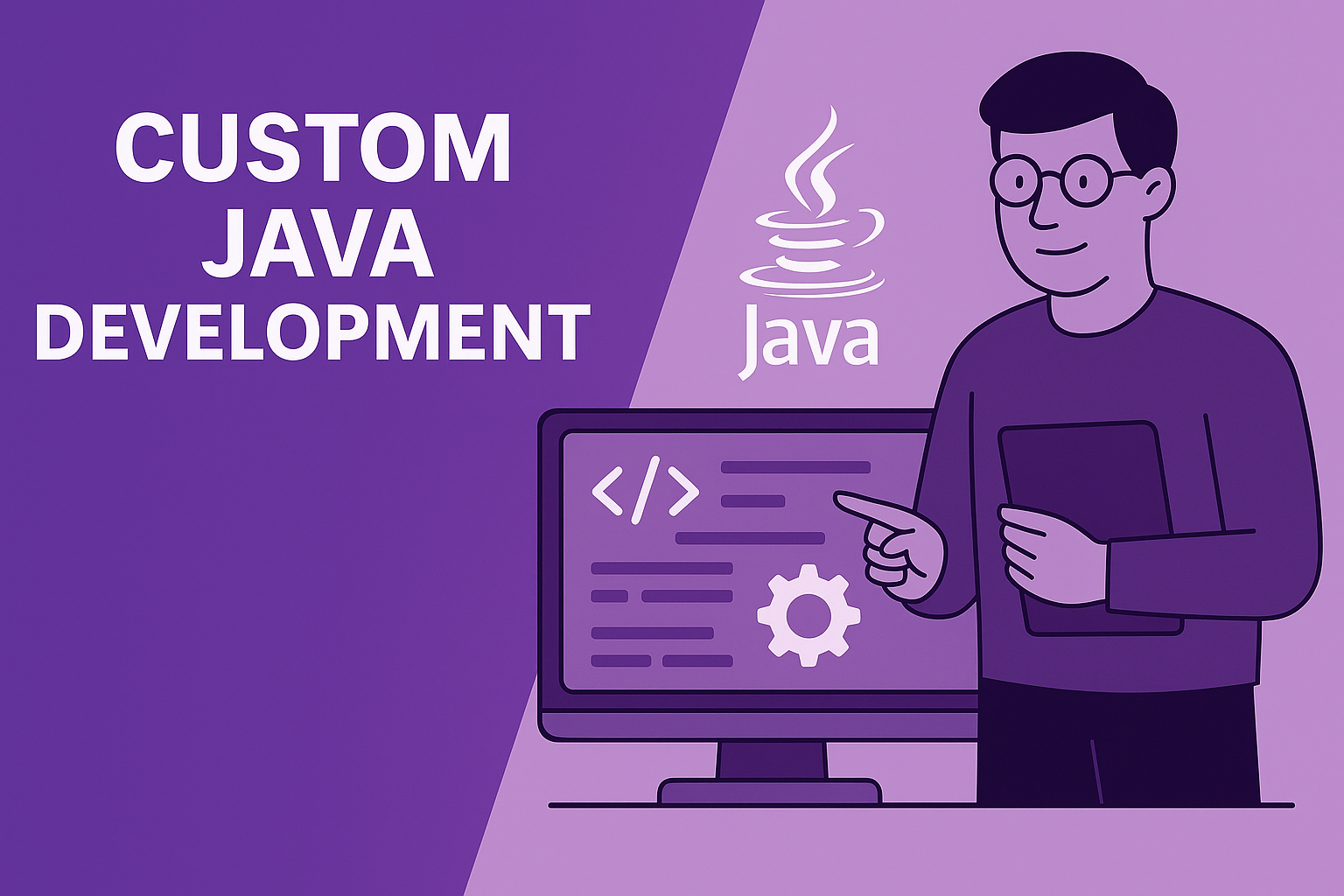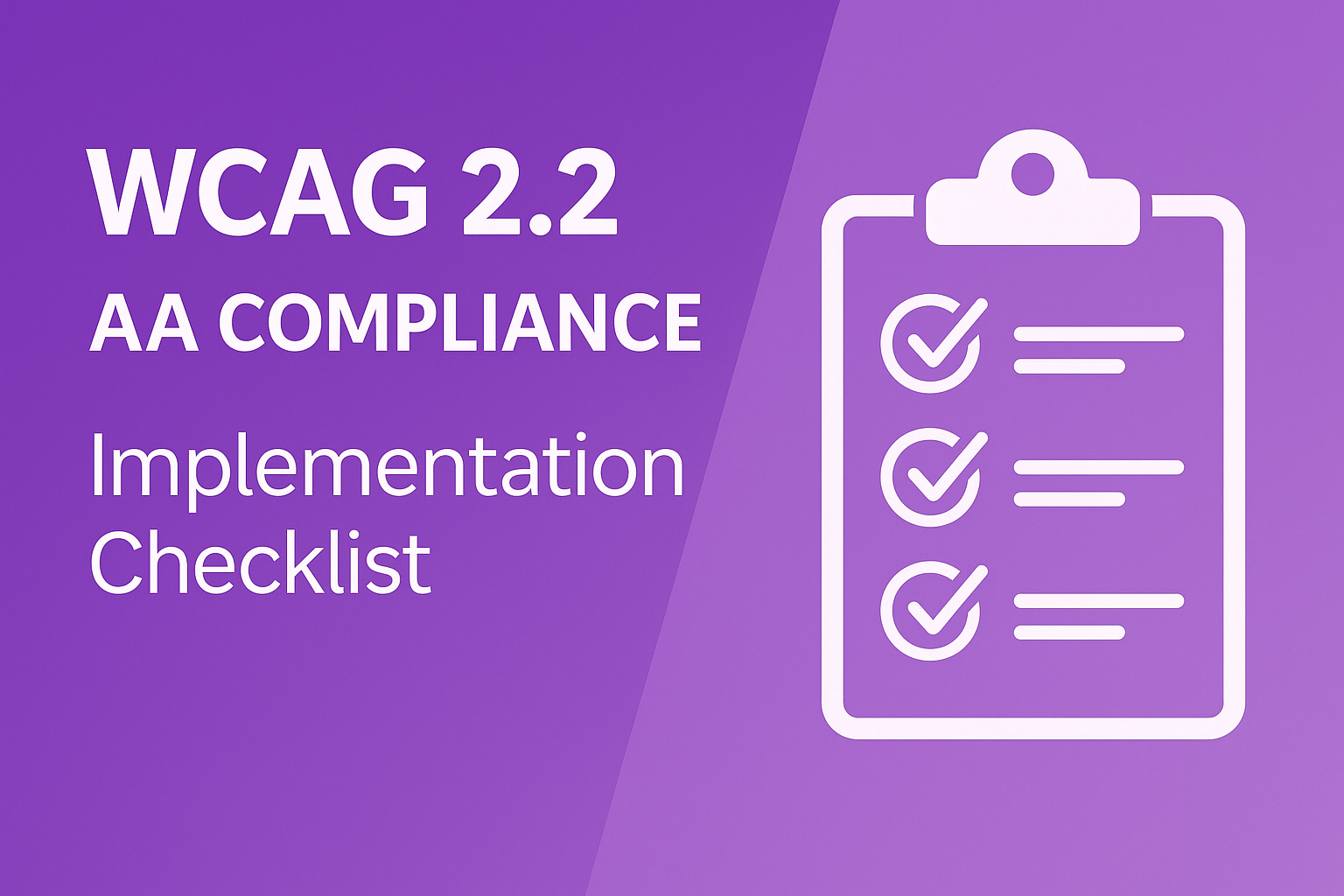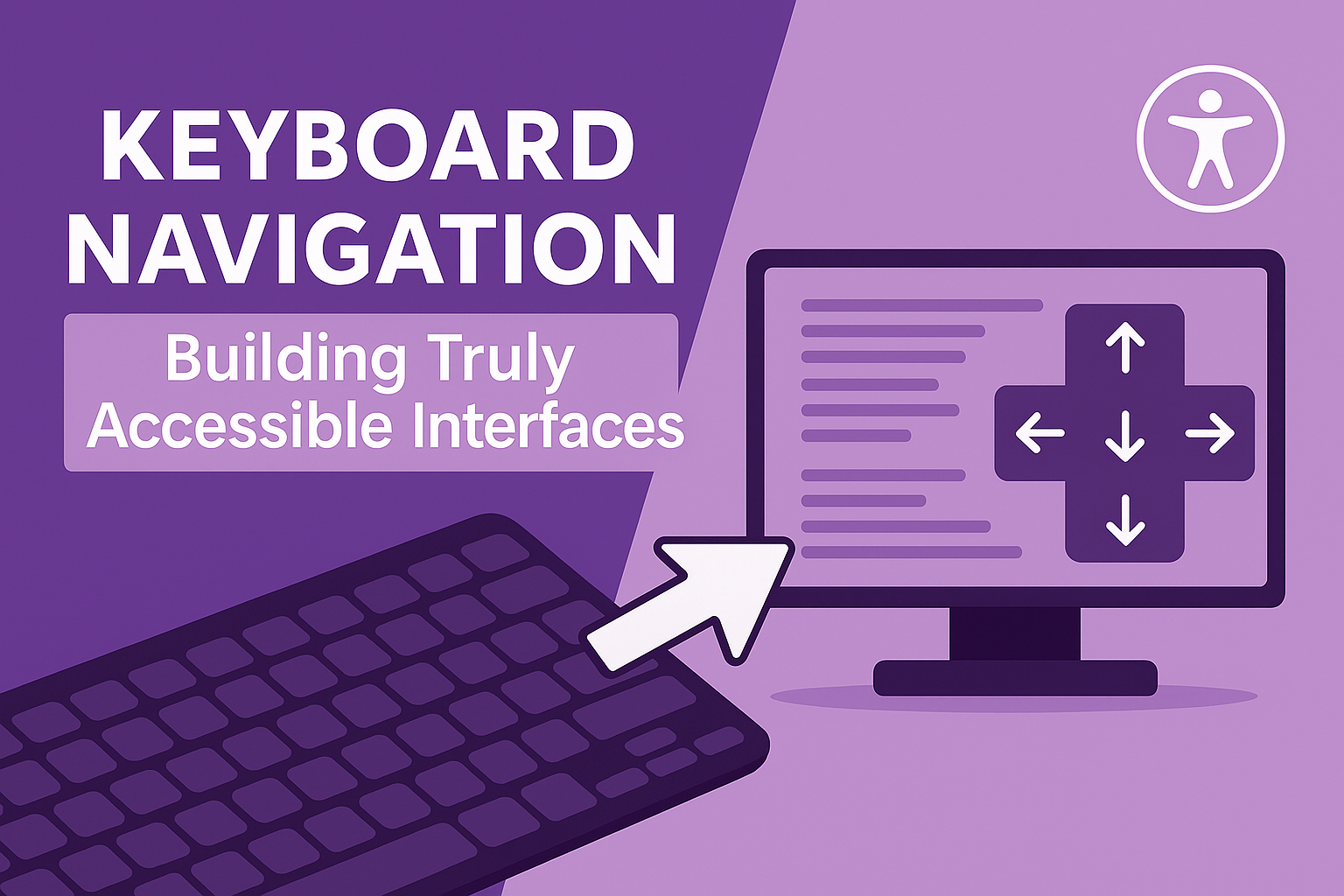What Are Managed QA Services?
Managed qa services encompass end-to-end quality assurance responsibility including strategy development, team assembly, infrastructure management, and continuous improvement initiatives. Furthermore, providers assume accountability for quality outcomes while organizations focus on core business activities. Additionally, this comprehensive approach differs significantly from project-based testing or staff augmentation models.
Unlike basic testing outsourcing, managed testing services include complete operational responsibility for the quality assurance function. Therefore, providers manage testing teams, maintain infrastructure, implement processes, and ensure compliance with quality standards. Moreover, managed software testing services encompass everything from test planning to execution, reporting, and optimization across the entire software development lifecycle.
For organizations considering broader quality assurance outsourcing options, our comprehensive guide on QA as a service solutions provides detailed insights into various service models and their applications.
Managed QA Services vs QA as a Service: Understanding the Difference
While managed qa services and QA as a service are often used interchangeably in the market, they represent different approaches to quality assurance outsourcing. Furthermore, understanding these distinctions helps organizations choose the most appropriate model for their specific requirements. Additionally, this clarity ensures proper expectations and successful implementation outcomes.
QA as a service serves as an umbrella term encompassing all external quality assurance delivery models including project-based testing, staff augmentation, dedicated teams, and managed services. Therefore, QA as a service can range from tactical task execution to strategic quality program ownership. Moreover, engagement duration and responsibility levels vary significantly across different QA as a service implementations.
Managed testing services represent a specific subset of QA as a service focused on complete operational responsibility and strategic partnership. Furthermore, managed qa services always include end-to-end accountability where providers own the entire quality function rather than supporting specific testing tasks. Additionally, this model emphasizes long-term strategic relationships with comprehensive quality ownership and minimal client management overhead.
The key distinction lies in responsibility and accountability levels. Therefore, while QA as a service might involve client management of testing teams or processes, managed software testing services transfer complete operational responsibility to the provider. Moreover, managed services typically include fixed monthly pricing with comprehensive coverage compared to variable QA as a service models.
Organizations should consider managed qa services when they want to completely outsource their quality function and focus internal resources on core business activities. Furthermore, this model works best for companies seeking predictable outcomes with minimal management overhead. For a complete comparison of all available models, explore our detailed guide on QA as a service approaches and implementation strategies.
Core Components of Managed Testing Services
Strategic Quality Management
Managed qa services begin with comprehensive quality strategy development aligned with business objectives and technical requirements. Furthermore, providers conduct thorough assessments of current processes, identify improvement opportunities, and develop customized quality frameworks. Additionally, strategic management includes risk assessment, compliance planning, and continuous optimization initiatives.
Quality strategy encompasses test planning across multiple projects, resource allocation optimization, and performance measurement frameworks that ensure consistent outcomes. Therefore, managed testing services provide strategic oversight that individual projects cannot achieve independently. Moreover, this strategic approach enables proactive quality management rather than reactive testing execution.
Complete Team Management and Accountability
Professional team management represents a core advantage of managed software testing services over traditional outsourcing approaches. Furthermore, providers handle recruitment, training, performance management, and retention of testing professionals. Additionally, team management includes skill development, certification maintenance, and knowledge transfer processes.
Accountability structures ensure testing teams deliver consistent quality outcomes while meeting project timelines and budget requirements. Therefore, providers assume responsibility for team performance, quality standards, and service level achievement. Moreover, comprehensive team management eliminates the overhead of managing multiple vendor relationships or individual contractors.
Infrastructure and Tool Management
Managed qa services include complete responsibility for testing infrastructure, tool licensing, and environment management. Furthermore, providers maintain state-of-the-art testing labs, automation frameworks, and specialized testing environments. Additionally, infrastructure management encompasses tool selection, configuration, maintenance, and upgrades without client involvement.
This comprehensive infrastructure approach enables access to enterprise-grade testing capabilities without capital investment or ongoing maintenance overhead. Therefore, organizations benefit from cutting-edge testing technologies and best practices without internal expertise requirements. Moreover, providers continuously evaluate and implement emerging tools and methodologies.
Benefits of Managed QA Services
Operational Excellence and Predictability
Managed testing services deliver operational excellence through mature processes, proven methodologies, and experienced team management. Furthermore, established service level agreements provide predictable outcomes and clear accountability structures. Additionally, operational excellence includes comprehensive reporting, quality metrics, and continuous improvement initiatives.
Complete Cost Optimization
Organizations typically achieve 45-65% cost reduction through managed software testing services compared to maintaining equivalent internal capabilities. Furthermore, cost optimization includes elimination of hiring, training, and retention expenses for specialized testing roles. Additionally, managed services eliminate infrastructure costs, tool licensing fees, and management overhead.
The total cost of ownership for managed testing services includes all operational expenses, making budgeting straightforward and predictable. Therefore, organizations transform variable testing costs into fixed monthly expenses that scale with business requirements. Moreover, cost optimization extends beyond direct savings to include productivity improvements and accelerated time-to-market.
Risk Mitigation and Compliance Assurance
Managed qa services significantly reduce business risks through professional quality management and compliance expertise. Furthermore, established providers maintain certifications including ISO 9001, CMMI, and industry-specific standards. Additionally, risk mitigation includes comprehensive documentation, audit support, and regulatory compliance management.
Professional risk management encompasses security protocols, data protection measures, and business continuity planning that individual projects cannot achieve. Therefore, managed testing services provide enterprise-grade risk mitigation without internal investment. Moreover, compliance assurance includes ongoing monitoring and adaptation to evolving regulatory requirements.
Managed QA Services Pricing and Models
Comprehensive Monthly Pricing
Managed qa services typically use monthly pricing models that include all testing resources, infrastructure, and management overhead. Furthermore, monthly costs range from $20,000-75,000 depending on scope, team size, and complexity requirements. Additionally, comprehensive pricing eliminates hidden costs and provides budget predictability.
Monthly pricing models include testing team salaries, tool licensing, infrastructure costs, and management overhead in a single predictable fee. Therefore, organizations can accurately budget for quality assurance without unexpected expenses. Moreover, scaling adjustments can be made quarterly based on changing business requirements.
Value-Based Pricing Options
Some providers offer value-based pricing that aligns costs with business outcomes and quality improvements. Furthermore, this approach includes performance bonuses for exceeding quality targets and service level achievements. Additionally, value-based models create shared incentives for continuous improvement and optimization.
Performance-based pricing typically includes base monthly fees plus variable components tied to quality metrics, efficiency improvements, and business impact measurements. Therefore, organizations pay for results rather than just resources and time. Moreover, value-based models encourage innovation and continuous optimization from managed testing services providers.
Quality Management and Performance Optimization
Service Level Management
Managed qa services include comprehensive service level agreements that define quality standards, performance expectations, and accountability measures. Furthermore, SLAs cover response times, defect detection rates, test coverage requirements, and reporting standards. Additionally, service level management includes regular performance reviews and optimization initiatives.
Effective SLA management ensures consistent quality delivery while providing flexibility for changing business requirements. Therefore, service levels should balance ambitious quality targets with realistic operational constraints. Moreover, SLA frameworks include escalation procedures and continuous improvement processes.
Continuous Improvement Frameworks
Professional managed testing services providers implement continuous improvement frameworks that enhance quality outcomes and operational efficiency. Furthermore, improvement initiatives include process optimization, tool evaluation, and methodology enhancement. Additionally, frameworks incorporate feedback from stakeholders and industry best practices.
Monthly performance reviews analyze key metrics including defect detection efficiency, cycle time improvements, and customer satisfaction scores. Therefore, regular reviews identify optimization opportunities and ensure continuous value enhancement. Moreover, improvement frameworks include:
- Quarterly strategic reviews assessing overall program effectiveness and alignment with business objectives
- Monthly operational reviews focusing on performance metrics, quality outcomes, and process optimization
- Weekly tactical reviews addressing immediate issues, resource allocation, and priority adjustments
ROI and Business Impact Measurement
Comprehensive Value Assessment
Measuring return on investment from managed qa services requires analysis of direct cost savings, productivity improvements, and quality enhancements. Furthermore, comprehensive assessment includes time-to-market improvements, reduced production incidents, and enhanced customer satisfaction. Additionally, value measurement should account for internal resource reallocation and strategic focus improvements.
Quality improvements often provide the greatest long-term value through enhanced customer experience, reduced support costs, and competitive differentiation. Therefore, ROI analysis should include both quantitative metrics and qualitative benefits. Moreover, business impact extends beyond testing function to include overall development productivity and market responsiveness.
Performance Metrics and Success Indicators
Effective performance measurement requires balanced scorecards that capture quality outcomes, efficiency improvements, and business value creation. Furthermore, key metrics include defect detection rates, test coverage achievements, and cycle time reductions. Additionally, success indicators should align with business objectives and customer expectations.
Regular performance reporting enables stakeholders to understand value delivery and identify areas for optimization. Therefore, reporting should include both technical metrics and business impact indicators. Moreover, performance measurement frameworks should evolve with changing business requirements and quality objectives.
Conclusion
Managed qa services provide organizations with comprehensive quality assurance solutions that optimize costs while delivering superior testing outcomes. Furthermore, managed testing services enable businesses to focus on core competencies while ensuring professional quality management and continuous improvement. Additionally, this strategic approach to quality assurance supports accelerated growth and competitive advantage.
Success with managed software testing services requires careful provider selection, thorough implementation planning, and ongoing performance management. Therefore, organizations should evaluate providers based on technical capabilities, process maturity, and cultural alignment with long-term business objectives. Moreover, effective partnerships include continuous optimization and adaptation to evolving quality requirements.
As software complexity increases and market pressures intensify, managed qa services become essential for organizations seeking sustainable quality excellence without internal resource constraints. Furthermore, professional quality management enables innovation and market responsiveness while maintaining rigorous quality standards that protect brand reputation and customer satisfaction.





